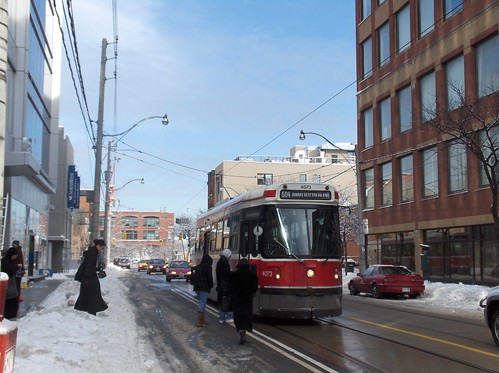Many people out there think that learning how to wisely use money is nearly impossible without a professional financial adviser. This is untrue if you have access to the right information. Knowledge is the most important part with regards to managing finances properly. Keep reading to figure out how you can get your financial situation back under control.
Protect profits and invest your capital. Set a standard for what you keep and what profits go into capital.
Do not deal with a broker you are considering investing with. Check their references and find someone else if you feel they are not being open with you. Your own experience can help you to spot a broker.
Restaurants in busy tourist areas tend to be the highest priced, so look into where the locals go out to eat. You will find tastier food at lower prices.
Keep an envelope in your wallet or purse. Use this to store all of your receipts or business cards you receive. You may need these receipts later to compare to your credit card statements in case a double charged.
Be sure to remember to file your income taxes. If you owe money, file as close to April 15 (the due date) as you possibly can.
Financial Stability
To gain financial stability, begin a savings account and then deposit money faithfully. Having something to fall back on hand means you won’t have to use your credit cards or take out a loan in an emergency is key to financial stability. Even if you can’t afford to put too much money in there every month, you should still save up what you can.
Eating out less from restaurants or fast food joints can save money. You will save a lot of money by preparing meals at home.
Find a bank that is free.
You can’t repair your credit before you get out of debt. You can decrease your monthly expenses by eating in more and limiting yourself from going out on weekends.
The simplest way to keep your finances clean is to avoid the use of credit cards to begin with. Think about how long you will take in order to be paid.You should stay away from any charge that can’t be paid off within a month.
Family Member
You may find it helpful to discuss your money by speaking to a friend or family member who is a finance professional. If one doesn’t know anyone who works in the financial sector, a good substitute is a friend or family member who is especially good with their finances.
Financial issues may pop up during the years, even for people who carefully plan and manage their money. It helps to know how much the late fees and extension period allowed.
Give yourself a specific allowance for small expenditures every month. The cash can be used for treats like coffee with friends, new music, books or a new pair of shoes, but once it’s spent, that’s it. This is a good way you can still allow yourself to enjoy little treats without destroying your monthly budget.
Look for ways to cut corners to save money each day. Instead of going to the closest grocery store every week and buying the same things, or things that look appealingly packaged today, shop around and find the best deals. Be willing to switch to food that’s on sale.
The key to successful personal finance is a budget that you have written down. To start a personal budget, start by writing a list of all your expenses at the start of each month. Be certain to include any living expenses, including rent, electricity, car payments, cell phones, heat and food. Be sure to include all expected expenditures. It is important to stick to the amounts designated in order to stay within budget and not to overspend.
In conclusion, dealing with your finances the right way involves a little education. If you’re properly educated about personal finances, you can get rid of unnecessary spending and make your cash work for you. Read this article again and use the advice in your life so that you can become more financially secure and safe.
I suggest all readers to come back often to read even more about free government grant applications. Bye Bye

